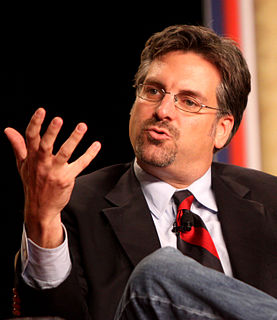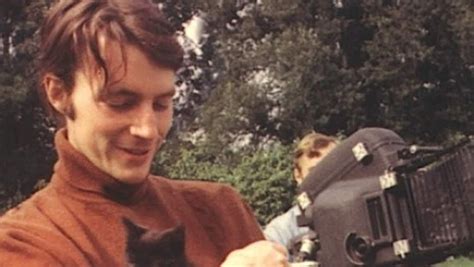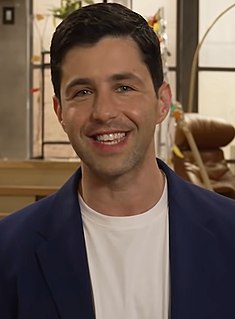A Quote by Reid Hoffman
Democracy tends to be a collaborative process, a committee, a consensus.
Related Quotes
To me consensus seems to be - the process of abandoning all beliefs, principles, values and policies in search of something in which no-one believes, but to which no-one objects - the process of avoiding the very issues that have to be solved, merely because you cannot get agreement on the way ahead. What great cause would have been fought and won under the banner "I stand for consensus"?
I have this idea of a Taiwan Consensus, which means people in Taiwan have to get together and form a consensus of their own and that they turn around to talk to the Chinese to form a cross-strait consensus so we can build a relationship on that consensus. And in my view, that is the right order to do things.
It is true that we need a consensus to go forward with restoring passenger rail in America, and often a consensus is formed by political action, via government. That is all true. But we have no such consensus, and no one in government or politics these days has the will or the force of personality or perhaps even the understanding of the situation to get on with job of forming a consensus supporting rail.
The work of science has nothing whatever to do with consensus. Consensus is the business of politics. Science, on the contrary, requires only one investigator who happens to be right, which means that he or she has results that are verifiable by reference to the real world. In science consensus is irrelevant. What is relevant is reproducible results. The greatest scientists in history are great precisely because they broke with the consensus.
































